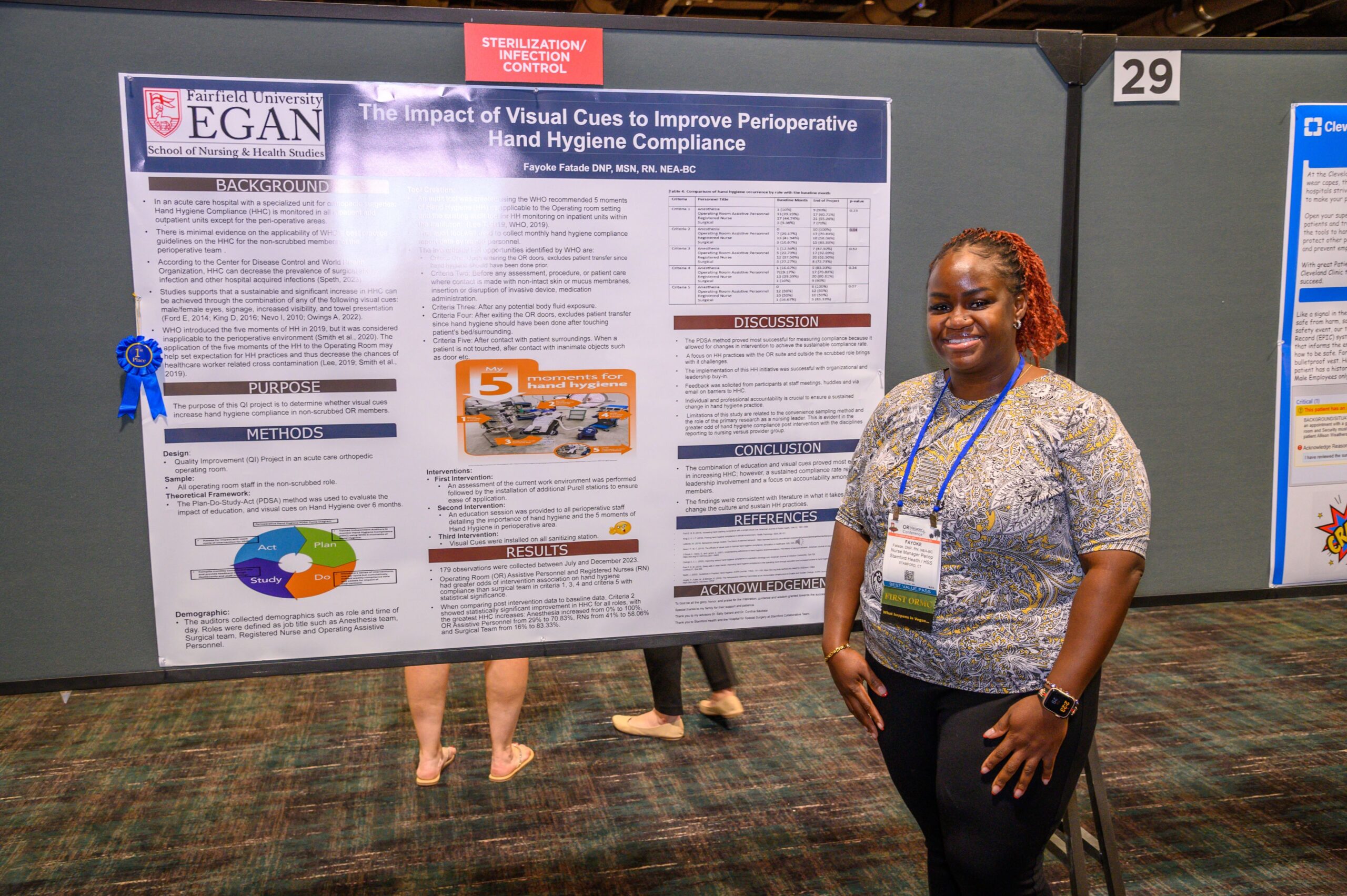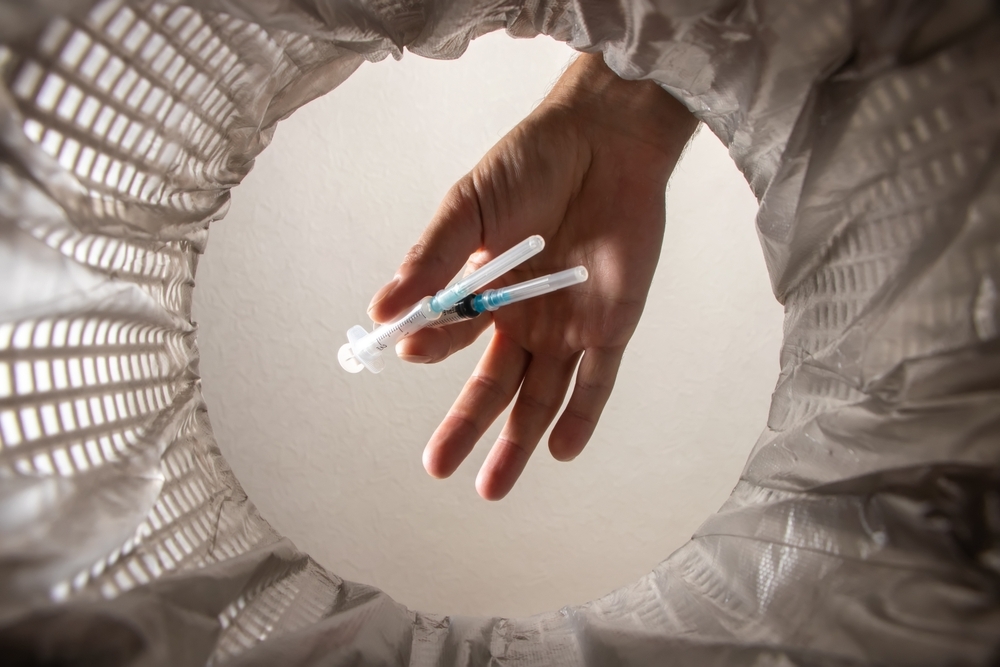
Editor's Note Recognizing hospitals that excel at providing top-quality care while preventing serious safety events, Healthgrades’ 2025 Patient Safety Excellence Awards distinguish 442 hospitals in 40 different states. Announced March 11, the awards are based on inpatient MedPAR data from 2021 to 2023. Recognized hospitals must meet clinical quality thresholds,…

Editor's Note A systematic review found no strong evidence that compliance with the CMS Severe Sepsis and Septic Shock Management Bundle (SEP-1) reduces mortality, raising questions about its inclusion in hospital performance measures, according to a February 19 report from the University of Minnesota’s Center for Infectious Disease Research and…

The poster presentations at the 2024 OR Manager Conference showcased exceptional perioperative initiatives, highlighting advancements and innovative practices. From streamlining documentation and optimizing billing processes to ensuring patient and staff safety in postanesthesia settings, the posters selected last year showed the ingenuity and dedication of healthcare professionals committed to excellence…

Editor's Note Misdiagnosis, delayed treatment, and a breakdown of trust in healthcare can all result from time and resource constraints preventing proper engagement with patients—a concern that tops ECRI’s list of the most significant patient safety risks for 2025. As detailed in the global healthcare safety nonprofit’s March 10 announcement,…

Editor's Note A newly developed predictive model offers healthcare professionals a dynamic tool to assess the risk of nosocomial infections (NIs) in patients following colon cancer surgery, potentially improving early intervention strategies. Published February 27 in Frontiers in Oncology, the study introduces a nomogram—a statistical model that visualizes key risk…

Reduced costs, faster recovery, and other advantages can make outpatient surgical procedures more convenient for providers and patients alike. Ambulatory surgery centers (ASCs) are incredibly safe, but a lot of work goes into infection control. Cross-trained staff often wear many hats, and limited budgets may not leave room for dedicated…

From sharps and blood-soaked surgical instruments to discarded anesthetic agents, biohazardous waste from ORs can threaten human health and the environment. In addition, failure to adhere to regulatory requirements can result in significant fines. However, the volume and diversity of biohazardous waste can create challenges with managing this material. Mitigating…

Editor's Note A cohort study published February 24 in JAMA Pediatrics found that prophylactic antibiotics reduced the odds of surgical site infections (SSIs) by 72% in children undergoing cholecystectomy for uncomplicated cholelithiasis. However, extended-spectrum antibiotics offered no additional benefit over cefazolin, suggesting that simpler prophylaxis protocols could optimize outcomes while…

Editor's Note A large international clinical trial found that incisional negative pressure wound therapy (iNPWT) does not reduce surgical site infections (SSIs) following emergency laparotomy. The SUNRRISE trial, conducted across 34 hospitals in the UK and Australia and published January 27 in Jama Network, randomized 821 patients to receive either…

Editor's Note Using electronic medical record (EMR) data to track time-stamped information on patient movements and interaction with healthcare workers (HCWs) can help predict and block potential avenues for pathogen transmission, researchers claim. Healio reported the news January 24. Published in the journal Infection Control & Hospital Epidemiology, the research…